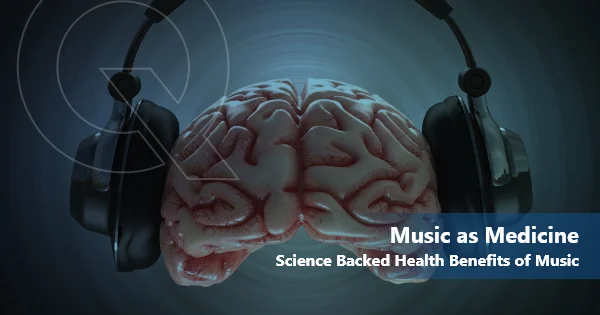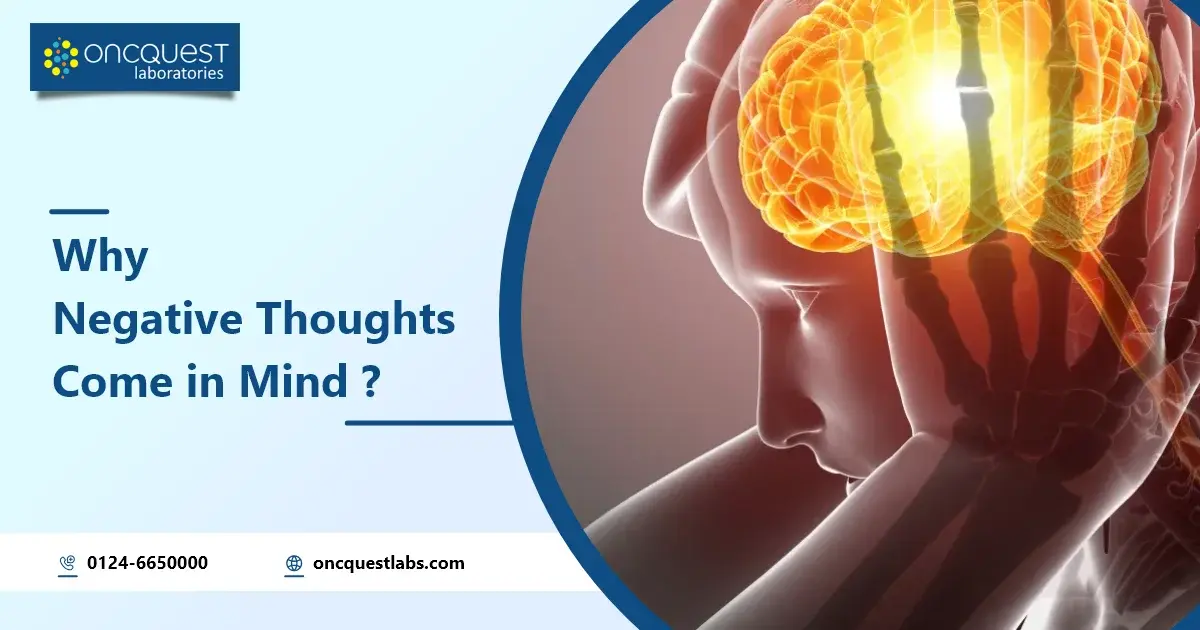
“One good thing about music, is when it hits you, you feel no pain.”
The quote above gives character to science backed research on the health benefits of music. Such research suggests that music not only helps us cope with pain — it can also benefit our physical and mental health in numerous other ways. Read on to learn how listening to tunes can ramp up your health.
- Pace up your performance
Listen to your favorite “pump-up” music! It is an excellent way to beat your best time if you’re a runner. Research suggests that listening to music while running or working out not only provides an impetus to your physical performance but also enhances endurance during exercise.
- De-Stress
Music has been known to effectively treat insomnia among college students making it a cheaper, safer swap to sleep inducing meds. Additionally, music also has some healthy effects on blood vessel function which induces happiness among listeners and relieves stress.
- Improves Cognitive Performance
Background music may enhance performance on cognitive tasks. One older study found that listening to music allowed test takers to complete more questions in the time allotted, and get more answers right.
- Eases Stress before & after Surgery
One study found that listening to music helped put cardiovascular surgery patients at ease as they awaited their operations. Interestingly, Music isn’t only helpful pre-surgery. Another study revealed that listening to music while resting in bed after open heart surgery helped relax patients and decrease their stress levels.
- Keeps an Aging Brain Healthy
Research has shown that having musical training and listening to or playing music in old age can help keep the brain healthy especially as it ages. Since listening to music is like exercising the brain, one can expect the benefits of better memory and mental sharpness as they age.
- Reduces Stress & Anxiety Among Cancer Patients
Researchers from Drexel University found that cancer patients who either listened to music or worked with a music therapist experienced a reduction in anxiety, had better blood pressure levels and improved moods. Music can have positive effects on the psyche, mood, pain and quality of life as well.
Which Music?
While there are certain trends – fast upbeat music for exercising and slower-paced music to relax – choosing songs that have the desired effect is often linked to personal preference.
‘If you grow up with rock music, you might not find classical music uplifting at all. On the flipside, some people can’t bear rock music, so they are more likely to be wound up than uplifted. ‘Music can also invoke particular memories for people, including some that could potentially make them upset. On the other hand, it could also bring them out of a severely withdrawn state or act as a form of communication in place of words.’
We would like to leave you with a beautiful quote by Billy Joel. It goes something like this…
‘I think music in itself is healing. It’s an explosive expression of humanity. It’s something we are all touched by. No matter what culture we’re from, everyone loves music.’





